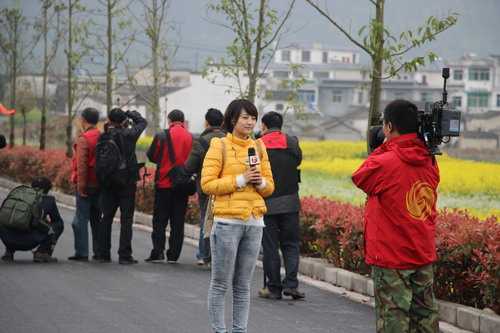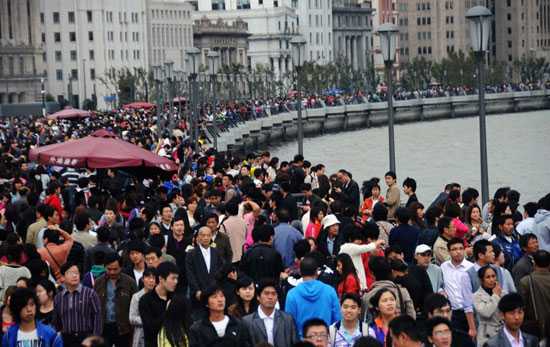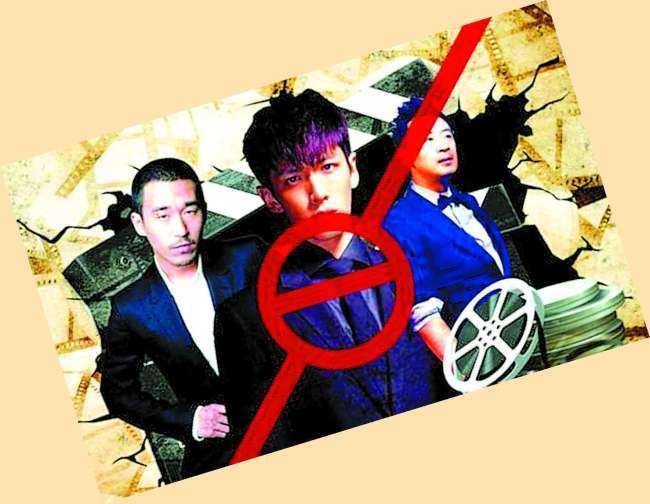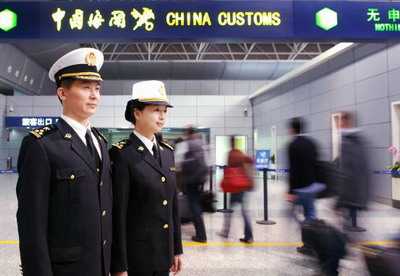Filming in China? Whether you’re working on a documentary, commercial, or feature production, Chinese filming presents unique challenges—and opportunities. With over a decade of experience supporting international productions in cities like Shanghai, Beijing, Hong Kong, and Hengdian World Studios, we’ve compiled a list of 10 critical things to avoid when filming in China.
Let’s help you avoid the pitfalls so you can focus on the creative work.
1. 🎥 Bringing Equipment into China Without Proper Planning
Since 2019, China accepts ATA Carnet for temporary import of professional filming equipment. However, don’t assume it’s always smooth sailing—customs may still inspect or hold high-value gear, especially if you enter on the wrong visa (e.g. tourist visa).
Tip:
Always travel with the correct visa and gear documentation. Consider renting equipment locally—it can be cheaper and easier. We can assist with Beijing and Shanghai camera gear rentals, including ARRI, RED, Sony, and Zeiss/Cooke lenses.
2 🗣️ Hiring a Translator Instead of a Fixer/Producer

Hiring a translator may solve your language barrier, but it won’t help when navigating permits, permits, crew logistics, or the complex Chinese filming industry. An experienced bilingual fixer or local producer is critical for ensuring smooth execution.
Tip:
Hire professional fixers or producers through Shoot In China — we work with international crews and understand local protocol, permitting, and negotiation.
3 🛂 Using the Wrong Visa for Film Crews

Working in China without the correct visa is risky. A tourist visa may seem easier, but getting caught can delay or even shut down your production. For journalistic or documentary shoots, you may require a J2 visa or a business (M) visa.
Tip:
Consult us to determine whether you need a business, work, or journalist visa. We can help with invitation letters and compliance.
4 ⚠️ Recreational Drug Use

Recreational drugs are taken seriously in China. Multiple foreign filmmakers and expats have been detained, deported—or worse—over small infractions. Chinese law leaves little room for error.
Tip:
Stay clean. Don’t jeopardize your team or production over a personal habit.
5 🚫 Shooting in Public Without a Permit

Filming on the streets in China—especially in cities like Beijing, Shanghai, or iconic places like the Forbidden City—requires permission. City officials or police can interrupt your shoot, confiscate gear, or delay you for days.
Tip:
Secure location permits in advance through your fixer or producer. If unsure, ask us—we’re experienced in dealing with local authorities and production zones.
6🌐 Posting Unverified Content Online
Publishing rumors, political opinions, or even sensitive commentary—whether on social media or in interviews—can land you in trouble with the Chinese government.
Tip:
Stick to your script. Avoid posting or sharing anything political, unconfirmed, or controversial while working in China or planning to return.
7🏮 Filming During National Holidays

Avoid scheduling shoots during Chinese holidays like:
- Chinese New Year (Jan/Feb)
- May Day Holiday
- National Day (Oct 1–7)
During these times, transportation is packed, crew rates increase, and rental houses close.
Tip:
Plan well ahead and budget for surge pricing if you must shoot during holidays. We can help with early prep and crew negotiation.
8 ❌ Creating Adult or Explicit Content

China strictly prohibits the production of adult content. Violating this law may result in jail time and blacklisting from entering the country again.
Tip:
Don’t risk it. Even suggestive scenes should be reviewed by a local fixer to assess compliance.
9 🏛️ Filming Sensitive Political Content

Avoid any political themes, topics involving national security, or portrayals of Chinese governance unless approved. Even foreign documentaries have been stopped mid-production.
Tip:
When in doubt, ask. We’ll help review your script or treatment and guide you on what’s acceptable for Chinese filming standards.
10🚫 Working with Banned or “Blocked” Artists

Certain celebrities, directors, and influencers are blacklisted from appearing in productions within China. This includes both local and foreign talent.
Tip:
Confirm your talent list with us before production. We can help verify whether your chosen artist has been flagged by Chinese authorities or blacklisted by media platforms.
🌟 Bonus: What About Famous Filming Locations in China?
Some internationally recognized filming locations include:
- Hengdian World Studios – the “Chinese Hollywood”
- Zhangjiajie National Forest Park – inspiration for James Cameron’s Avatar
- Great Wall of China
- Imperial Palace / Forbidden City
- Hunan Province – backdrop to many Crouching Tiger Hidden Dragon scenes
- Mulan 2020 and various Zhang Yimou films were filmed in China under strict protocols
Want to film in one of these locations? We can help with permits, local production teams, and compliance.
🎬 Need Help with Your Shoot?
Shoot In China has been supporting foreign video crews and film productions in China since 2011. From filming locations to permits, from gear rental to crew hire, we ensure your production runs smoothly, legally, and on-budget.
📧 Contact: [email protected]
🌐 Visit: www.shootinchina.com




